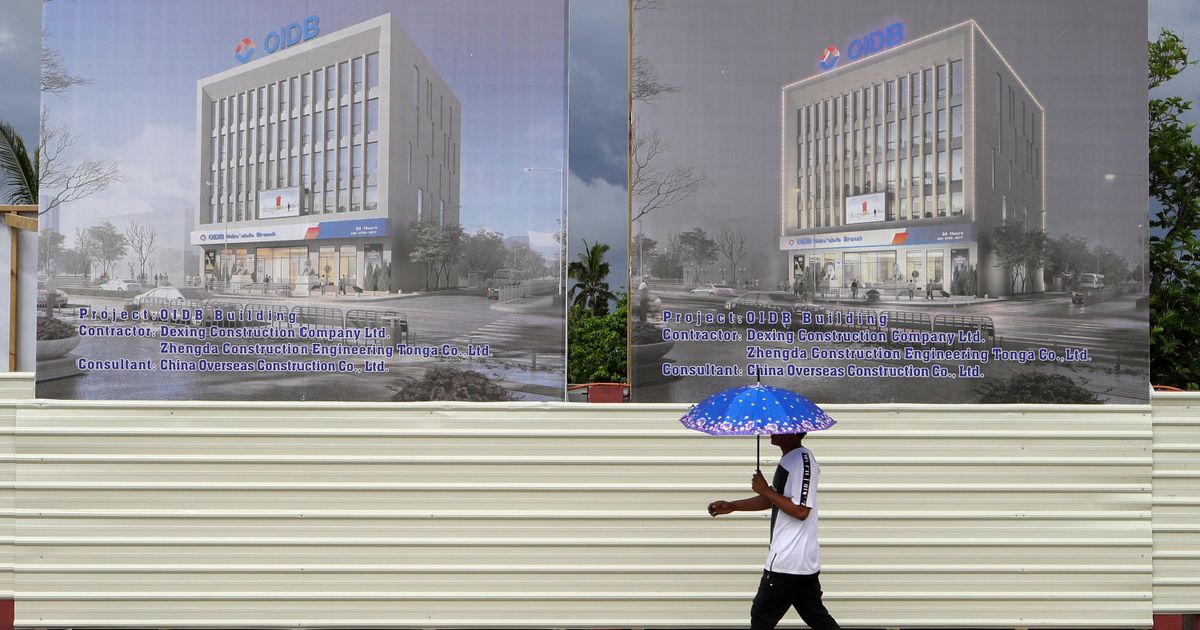Innovation Island

SERIOUS ABOUT SUSTAINABILITY
Molly Connors MBA ’22 watches
connect with a local resident.
With the help of two Barbados-based Bentley alumni — Clinton Gittens MBA ’03 and Nanda Neng ’04 — Noga and Brown arranged on-site visits with nearly a dozen local businesses. In addition to established financial institutions like the Barbados Stock Exchange, CIBC First Caribbean and the Central Bank of Barbados, students met small businesses whose sustainability strategies are already making a difference on the island.
Among them is Williams Industries, Inc., a conglomerate with diversified holdings in the Caribbean, including waste recycling, water desalination, and solar and wind energy businesses. Founded by Ralph “Bizzy” Williams – an environmentally conscious entrepreneur who invented a solar-powered catamaran and helped the Barbados Transport Board convert its entire fleet of buses from diesel to electric – the company” is one of the reasons Barbados is leading the way,” in regional sustainable development efforts, says Noga.

serves cuisine based on
locally grown ingredients.
The students also met the owners of Coco Hill Forest, Walkers Reserve and PEG Farm and Nature Reserve, three different ecotourism businesses that share a common goal of developing and maintaining the island’s biodiversity. As Molly Connors MBA ’22 explains, British colonization had a huge impact on Bajan agriculture. “The sugarcane industry’s monoculture has severely degraded the soil, to the point that Barbados is now forced to import around 85% of its food.”
The three organizations work to restore the island’s ecological health and eliminate food insecurity. Agroforestry efforts at Coco Hill, for example, have reintroduced or preserved over 80 varieties of fruit trees, spice plants and medicinal herbs, while the Walkers Preserve’s 277-acre farmland supports a variety organic food crops, including bananas, pineapples and cashews. These efforts are funded through nature walks, guided hikes and other ecotourism activities offered at each site.




